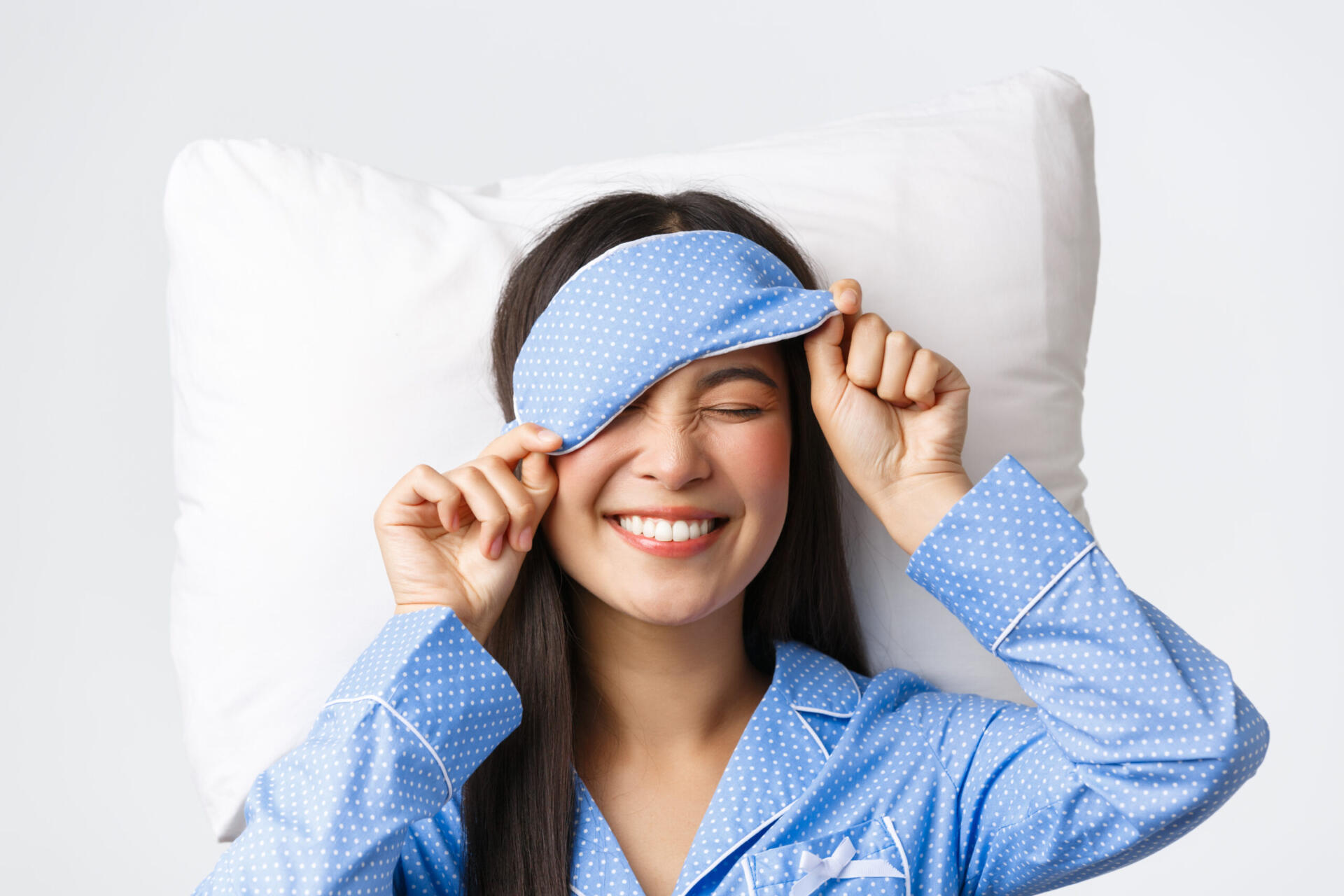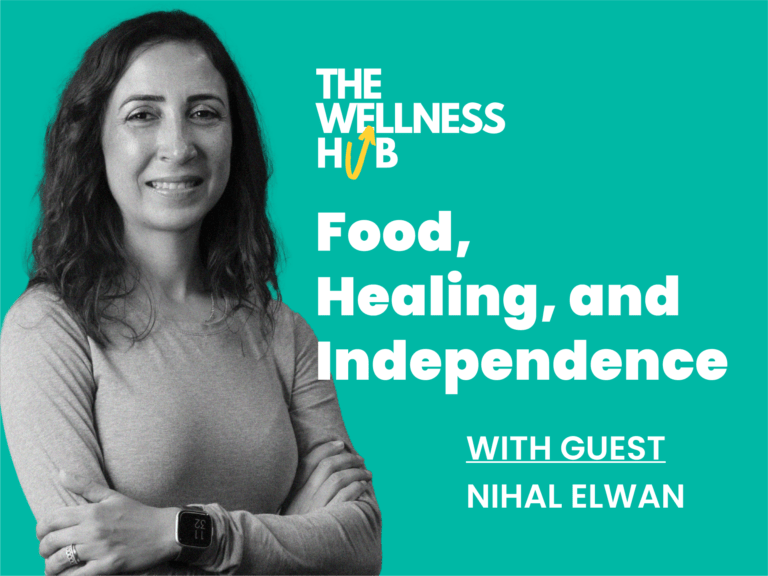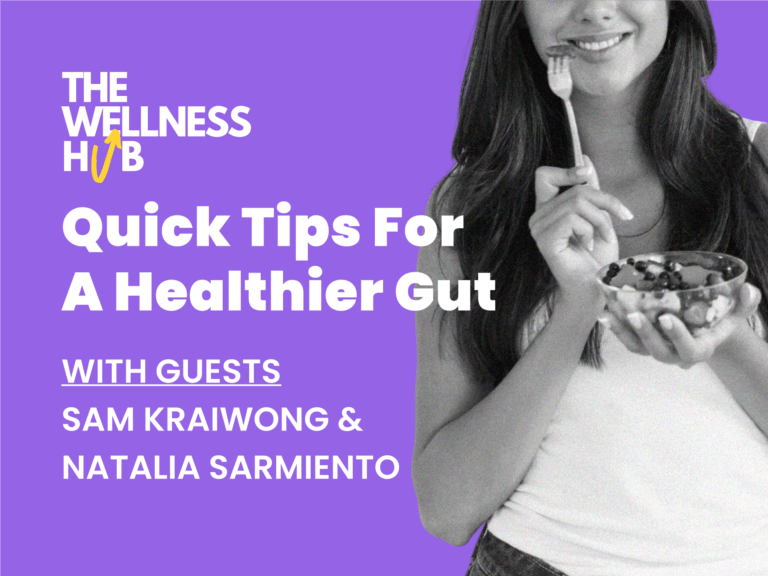It is said that a good day starts the night before, but how many of us actually make it a priority to get a proper night’s sleep? In modern-day life we tend to live in a constant state of activity. Work goes longer than expected, deadlines seem to come around in a heartbeat, social gatherings run late, and we are constantly bombarded by information. We are consumed by technology, screens, easy entertainment, and the news, stressed with task lists that seem to never end, and overstimulated with a less than healthy dose of caffeine to keep our bodies going under such stress. It is no surprise that so many people have trouble getting up in the morning and staying alert during the day. According to the American Sleep Association 37% of 20-39 year-olds and 40% of 40-59 year-olds report short sleep duration. Some studies show that around 10%-30% of the population suffers from insomnia.
Sleep is one of the most important processes in the body. When we sleep our nervous system recovers, our tissues re-construct, our brain stores information, and long term memory is saved. Many hormonal processes take place during sleep as well, and are affected with inadequate rest. One of these processes for example is the production of ghrelin and leptin, two hormones that are linked to appetite and stimulate feeling of hunger or fullness. This is one of the reasons why people with disordered sleep can also have disordered eating which can lead to weight gain, digestive issues, nutrient malabsorption, and other nutritional issues. Inadequate sleep can take a toll on the immune and cardiovascular systems, and can potentially lead to infectious and chronic diseases, high blood pressure, and an elevated risk of stroke or heart attack. Lack of adequate sleep is also linked to loss of memory, inability to focus, mood swings, and affective disorders such as depression, anxiety, and paranoia. Needless to say, sleep is a key player in overall wellness and health. So with this in mind, here are a few tips to take care of your sleep to boost your mood and productivity throughout the day, and improve your overall health.
Unplug

This might be one of the biggest issues when it comes to nighttime routines. Our natural cycles of rest and alertness (circadian rhythms) are heavily influenced by the presence of light. This is why if you live in a place with shorter days in the winter you’ll notice yourself feeling sleepy earlier in the day than during the summer when the sun is out longer. Screens and artificial lighting have completely altered our body’s natural rhythms. Many people look at their phones last thing before bed and first thing in the morning, or are in the habit of watching TV before going to sleep. A lot of these habits are deeply rooted in our routines and may be really challenging to break. Many wellness professionals recommend turning off all screens for the night at least two hours before bedtime. This helps your nervous system start to relax and wind down for the night, making it easier to fall asleep.
Blue light exposure could be one of the things that are disrupting your sleep. Blue light is present in mobile devices, screens, and energy-efficient lights. This wavelength is especially good at boosting alertness, but the exposure to blue light has been linked to reduced levels of melatonin (a hormone that regulates sleep and wake cycles). Although ideal, it may not be realistic for everyone to disconnect completely from blue light sources so early before bed. Wearing blue light blocking glasses can help reduce the effect of blue light for those nights when unplugging is just not an option. Unplugging, however, is not just about the blue light. Our phones, computers, and TVs bombard us with information, and this over-stimulation sets our nervous system back into alert. Even though sitting back and watching a sit-com or scrolling down social media feels like an effortless task, the amount of information our system is taking in keeps our brains wired making it harder to fall and stay asleep. So whenever possible set a time boundary so that the over-stimulation of technology doesn’t bleed into your sleep and recovery time. Practicing this will also help you set healthy boundaries around work and other interactions. There is no need to be answering work emails at 10:30 pm. If you set these times people will know when to reach out or expect to hear back from you, which creates space for you to take care of your wellbeing.
Have an Early Dinner

Another common issue with nighttime routines is having a large dinner close to bedtime. When you go to bed before your body has digested your meals, much of your night will be spent in digestion mode. Your heart rate will be elevated which means you won’t have a lot of truly restful sleep. When you are digesting a big meal a lot of your blood flow goes to the digestive system to help support the process. It is in sleep that our tissues recover and are being rebuilt, but with a lack of blood flow to transport the substances needed to support recovery, the process slows down and will not be nearly as effective.
Another common issue with nighttime routines is having a large dinner close to bedtime. When you go to bed before your body has digested your meals, much of your night will be spent in digestion mode. Your heart rate will be elevated which means you won’t have a lot of truly restful sleep. When you are digesting a big meal a lot of your blood flow goes to the digestive system to help support the process. It is in sleep that our tissues recover and are being rebuilt, but with a lack of blood flow to transport the substances needed to support recovery, the process slows down and will not be nearly as effective.
Sleep experts recommend eating at least 2-3 hours before bedtime to make sure that the body has had enough time to digest the last meal. This will ensure that your sleep hours will actually be spent in rest and recovery mode rather than digestion. Food metabolism is also directly linked to circadian rhythms. Some studies show that insulin responses to food intake tend to be higher in the morning and drop at night.
Establish a Routine and Sleep Schedule
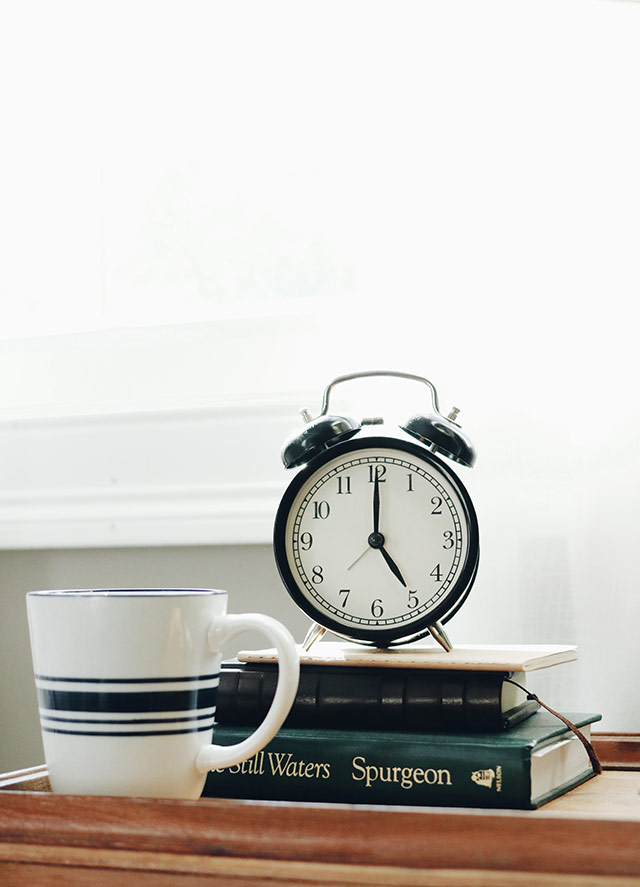
So we’ve mentioned “bedtime” quite a few times now, but if you don’t have a set time to go to sleep how are you supposed to time your unplugging or feeding times?
Going to bed and waking up roughly at the same time every day is a great way to get your natural rhythm back into balance. Health practitioners have recommended this for centuries. In Ayurveda (India’s traditional medicine) for example, the concept of dinacharya refers to a daily routine based on the cycles of nature that helps keep balance and health. Ideally, this routine is in line with the rise and fall of the day, but this might not be a possibility for some, especially those who work shift jobs or irregular hours. Nonetheless finding a routine that works for your unique schedule and that can be sustained would bring great benefit to your overall health and sleep quality. A few tips to build your routine:
- Pick a bedtime and wake up time that will allow 7-9 hours of sleep ideally. Stick to these as much as you can and your body will start to adjust. Once you are on a roll you may start to notice what your optimal amount of sleep is.
- Rise early! I know this can sound dreadful but there is plenty of evidence to suggest that waking up early can improve productivity, motivation, and wellness. You’ve probably heard that some of the most successful people out there wake up early. Just to name a few:
- Oprah Winfrey: 6:00 – 6:20am
- Elon Musk: 7am
- Apple CEO Tim Cook: 3:45am
Waking up early is not about having more time to work. Most early risers by choice out there are not sitting in the office before sunrise. They actually use the morning hours to be productive in other ways. Whether it is exercise, meditation, working on personal projects, spending time in silence, reading, or creating, the morning is a great time to be productive and jumpstart the day with things that keep you happy and motivated.
Think of the extra time you get by raising early as a gift to yourself, and use it well. However, don’t sacrifice sleep for this extra time. Needless to say, waking up early is easier (and healthier) when going to bed early, so plan accordingly! If you want to start waking up at 5:00 am you should try to be in bed by 10:00 pm.
Control Your Room Temperature
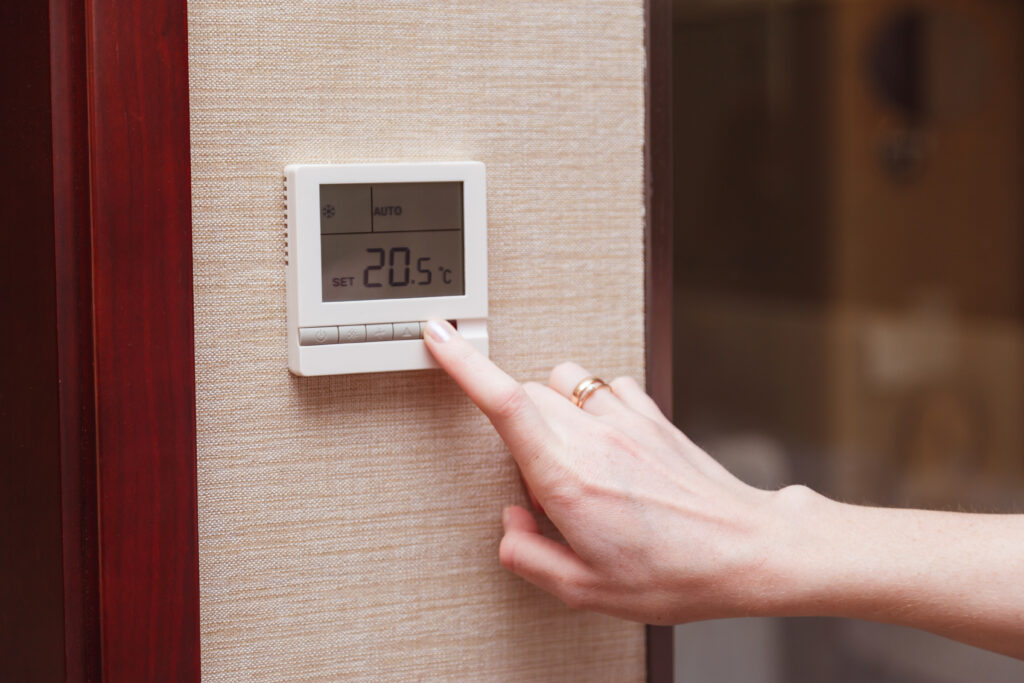
Room temperatures that are too cold or too hot can affect sleep quality. The recommended room temperature for good sleep is between 18-20°C. Multiple studies suggest that cooler room temperatures help boost sleep quality and can provide added health benefits. Some sleep experts recommend keeping the room at cooler temperatures (around 18°C) allowing the body to adjust to the temperature since sleep cycles are thought to begin when temperature drops. In addition, they recommend keeping extremities warm in cooler room temperatures so throwing on some cozy socks is always welcome!
Helpful Natural Supplements and Herbs

Nutrition plays a big role in sleep quality. We mentioned the impact of large meals before bedtime, but there is more nuance to sleep and nutrition than just eating light at night. We’ll leave the details about the sleep and diet relationship for another post, but here are some of the nutrients that can be of benefit to your sleep and where you can find them.
- Magnesium helps regulate melatonin levels. Melatonin is a hormone that regulates sleep processes. You can find magnesium in different foods like cacao, nuts and seeds, avocados, and more. Taking a nightly supplement can help induce sleep for those who have trouble falling asleep, as it has a relaxing effect. Adding a teaspoon of powdered magnesium citrate to your nightly tea can help you wind down and fall asleep easier.
- Tryptophan is a precursor to serotonin in the brain and also helps regulate sleep\/wake patterns. Excessive tryptophan can knock you right out and leave you drowsy the next day, as you’ve probably noticed after a thanksgiving turkey dinner (turkey is high in tryptophan) but a healthy amount before sleep can support optimal sleep. A handful of almonds can do the trick, these are rich in both tryptophan and magnesium. You can also supplement tryptophan if needed. Always check with a healthcare provider beforehand, and beware of the dosage because it can cause excessive drowsiness in the morning if consumed in high quantities.
- Herbs and spices: Some natural herbs and spices can be added to a nighttime routine to help fall asleep.
- Valerian is known in naturopathic medicine to help relax and reduce nerves and anxiety. It is a great natural supplement to help your nighttime routine.
- Chamomile and cinnamon are also great to help calm down the nervous system. Chamomile tea with a teaspoon of honey can help you relax and settle for bedtime.
Exercise

Whether it is a leisurely walk, yoga, dance, or Crossfit, an exercise routine, even a small one, can significantly improve your sleep for a number of reasons:
It can help regulate your circadian rhythms: Physical activity raises your body temperature and produces endorphins which make your body alert and give it the cue to be awake. On the other hand, the energy expended in exercise can induce sleepiness later on in the day which will help you get a better night’s sleep.
It changes your brain chemistry: Exercise produces more adenosine in the brain which generally induces sleepiness.
Lower stress and better mood: Exercise directly affects your mood and can reduce stress, anxiety, and alleviate depression. A better overall mood will make it easier to fall asleep and stay asleep through the night.
Tip: Don’t exercise too late! If possible avoid working out within two hours before bedtime. The state of alertness that exercise can induce might actually keep you wired up when you are trying to go to sleep.
Watch Your Caffeine

You probably know that caffeine is a stimulant that can keep you up, especially if you have coffee as part of your wake-up routine. You don’t have to ditch your morning coffee altogether, but try to limit your caffeine intake to the earlier hours in the day. Wellness professionals recommend keeping caffeine intake limited to before noon is a good way to make sure it doesn’t interfere with sleep. The FDA states that up to 400mg of caffeine (4-5 cups of brewed coffee) per day is safe for most people. Limit your general consumption to under this number.
If you go through several cups a day or use stimulants like pre-workout or other energy drinks you may want to consider slowly scaling back. Note that coffee may not be your only source of caffeine. Soft drinks, tea, chocolate, weight loss supplements, painkillers, and other products have caffeine. In fact, decaf drinks, though significantly less than regular, can still contain some caffeine.
Try natural energy drinks-Toro matcha/ Wize Tea

